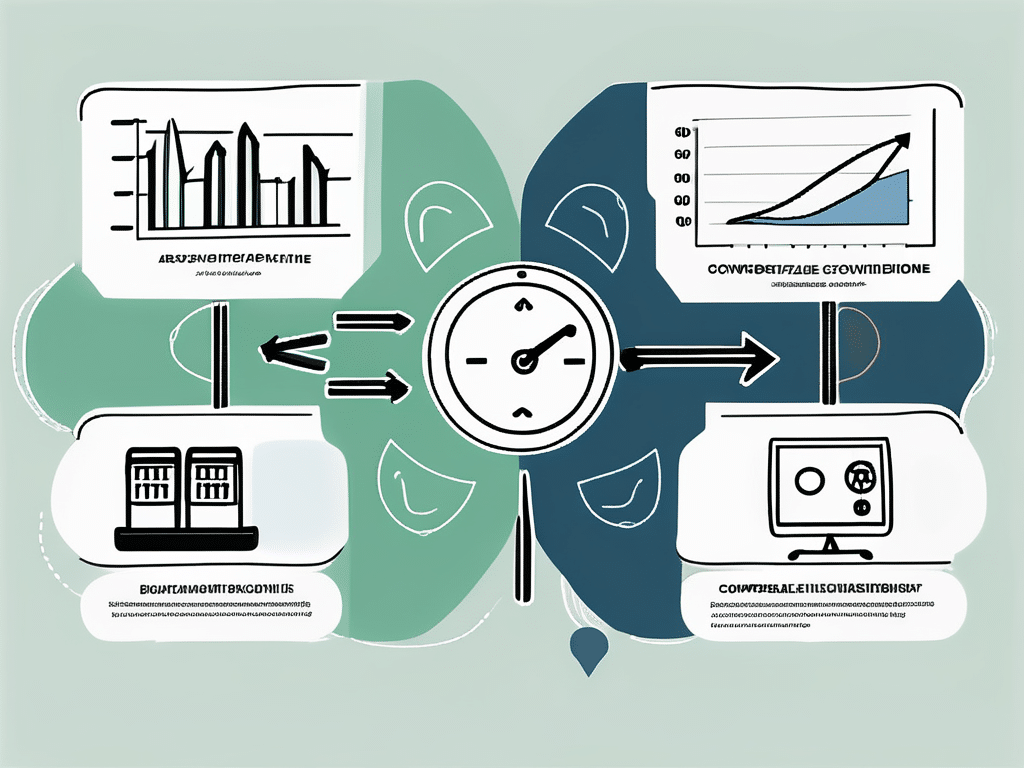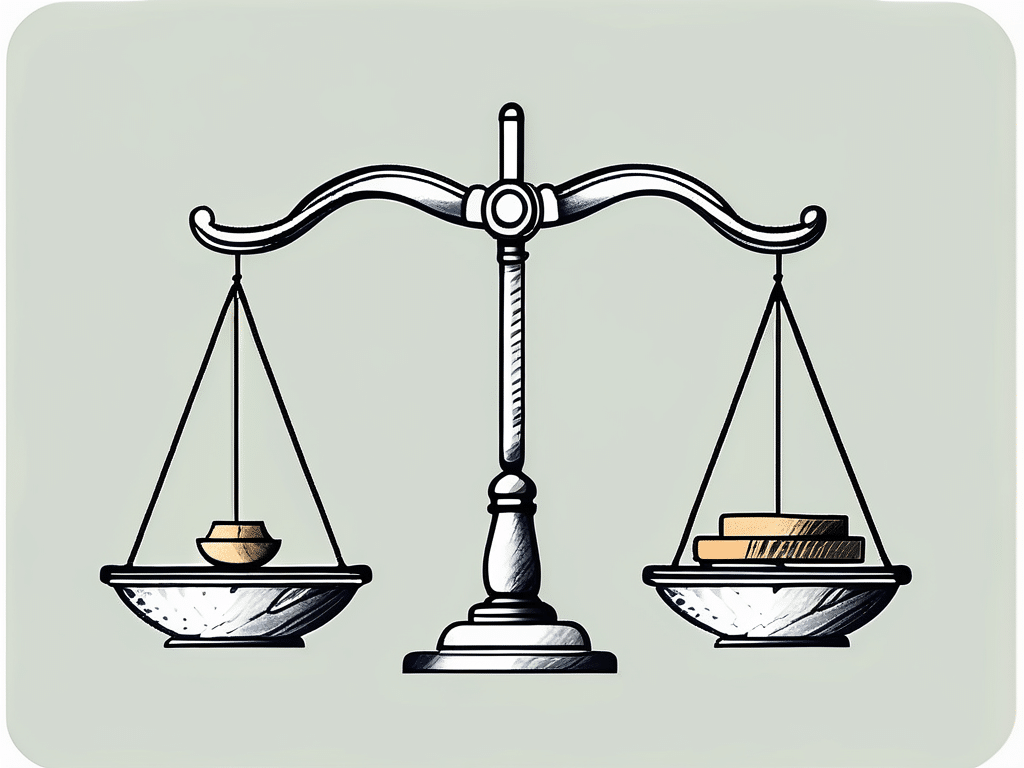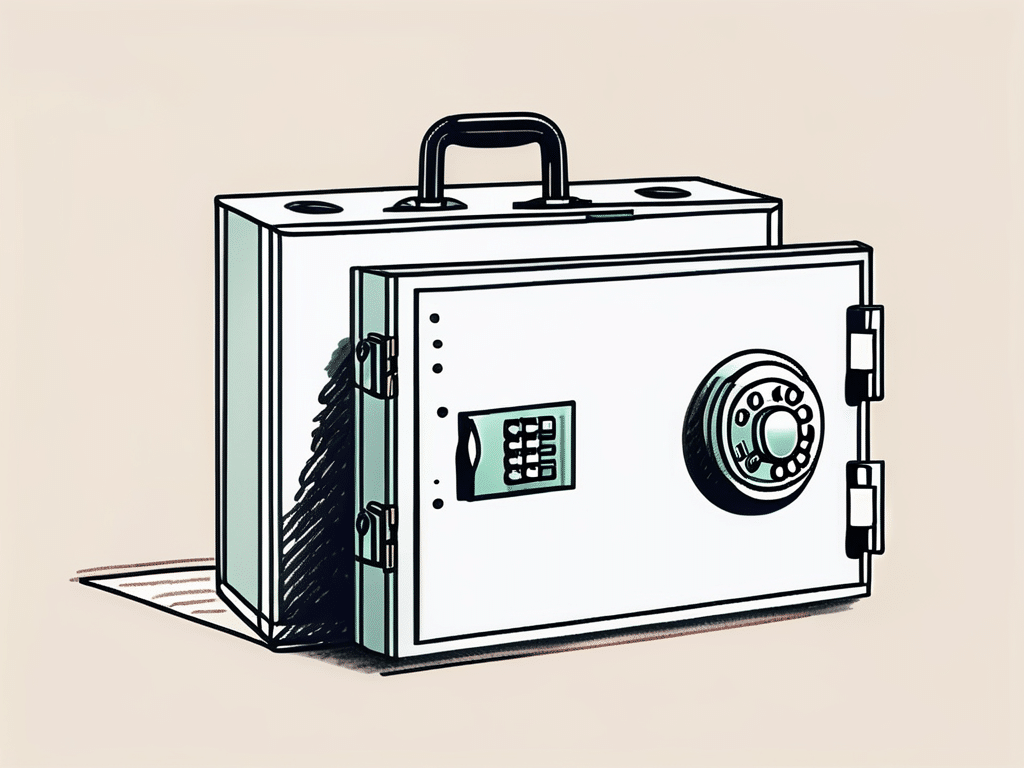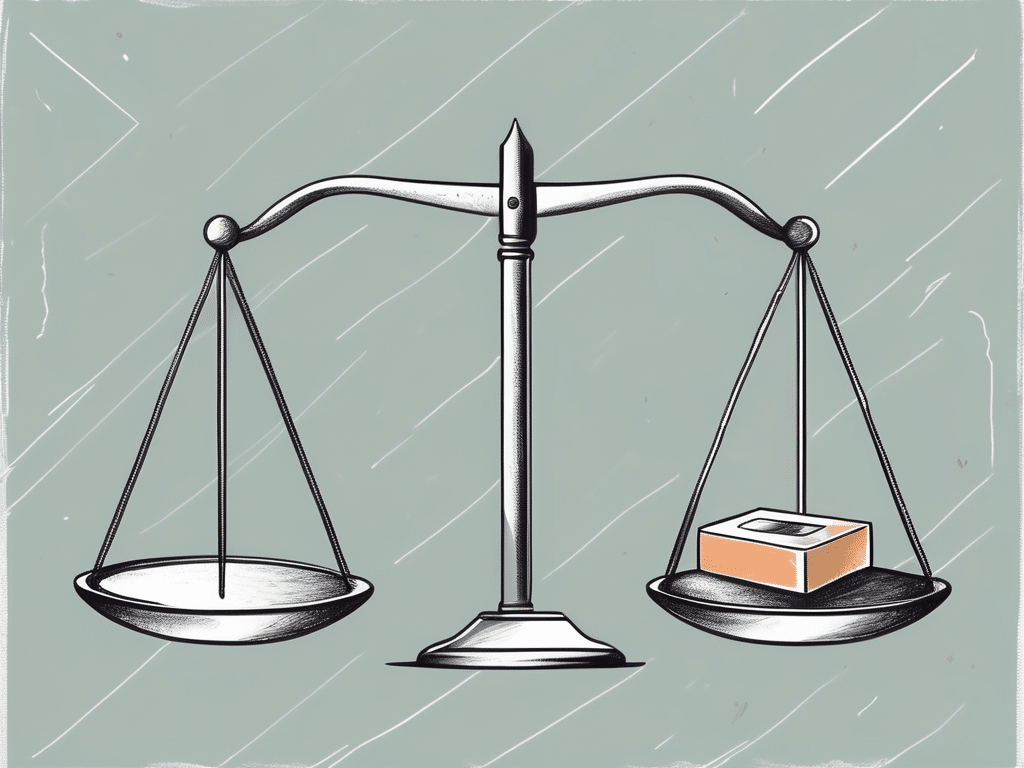Growing a business requires financial support, and one common avenue for fundraising is through convertible securities. Two popular options are safes and convertible notes. But which one is the best choice for your business? In this article, we will explore the basics of safes and convertible notes, understand their differences, weigh the pros and cons, and discuss important factors to consider when choosing between the two.
Understanding the Basics of Safes and Convertible Notes
What are Safes?
A Safe, short for Simple Agreement for Future Equity, is an investment vehicle that allows early-stage companies to raise capital without immediately establishing a valuation. It grants investors the right to convert their investment into equity at a later financing round, typically when the company raises its next funding round.

Safes have gained popularity in recent years due to their simplicity and flexibility. They are often favored by startups and investors for their straightforward terms and ease of implementation. Unlike traditional equity financing, Safes do not involve setting a specific valuation at the time of investment, which can simplify the fundraising process for both parties involved.
What are Convertible Notes?
Convertible notes, on the other hand, are debt instruments that can be converted into equity in the future. These notes have an interest rate and maturity date, providing investors with the potential for repayment if a conversion event does not occur.
Convertible notes are commonly used in early-stage financing as a way to bridge the gap between seed funding and a larger equity financing round. They offer flexibility to both investors and startups, allowing for a quicker and less complex fundraising process. Additionally, convertible notes provide investors with the opportunity to earn interest on their investment if the conversion to equity is delayed, adding a layer of security to the investment.
Key Differences Between Safes and Convertible Notes
Differences in Structure
One key difference between safes and convertible notes lies in their structural nature. Safes are not debt instruments, whereas convertible notes are legally binding debt obligations. This distinction impacts the rights and obligations of both startups and investors.
When a startup opts for a Safe (Simple Agreement for Future Equity), it is essentially receiving an investment in the company without incurring debt. This means that there is no maturity date or interest rate associated with a Safe, providing more flexibility for both parties involved. On the other hand, convertible notes operate more like traditional loans, with a set maturity date and interest rate that the startup is obligated to repay to the investor.
Differences in Terms
Another important difference is the terms and conditions associated with safes and convertible notes. Safes are customizable and flexible, allowing founders to negotiate various provisions such as valuation caps and discount rates. Convertible notes, on the other hand, typically have standardized terms that are less flexible.
Furthermore, safes are often seen as simpler and more founder-friendly compared to convertible notes. The lack of interest accrual and maturity date in safes can be advantageous for startups, especially in the early stages when cash flow may be unpredictable. On the other hand, convertible notes provide investors with more security and a clearer timeline for potential conversion into equity.
Pros and Cons of Using Safes
Advantages of Safes
Safes offer several advantages. Firstly, they are relatively simple and straightforward, making the fundraising process easier for both startups and investors. Additionally, safes can provide startups with more control over the terms of the investment, allowing them to incentivize early investors while delaying valuation discussions.

Moreover, safes are known for their flexibility, as they can be customized to suit the specific needs of the startup and the investor. This adaptability allows for creative structuring of deals, such as incorporating conversion discounts or valuation caps, to make the investment more attractive for both parties involved.
Disadvantages of Safes
However, safes also have their drawbacks. Since safes do not establish a valuation, they can potentially result in a dilution of the founder’s ownership stake in subsequent funding rounds. Additionally, the lack of a maturity date means that investors may not receive their return on investment until a liquidity event occurs.
Furthermore, the absence of a repayment schedule in safes can create uncertainty for both startups and investors. Without a clear timeline for when the investment will convert into equity or be repaid, there may be challenges in planning future funding rounds or managing cash flow effectively.
Pros and Cons of Using Convertible Notes
Advantages of Convertible Notes
Convertible notes offer their own set of advantages. Firstly, they provide a clear framework for repayment in case a conversion event does not occur. This can be beneficial for investors who seek more certainty about their investment. Secondly, convertible notes often come with more standardized terms, reducing the need for extensive negotiations.

Moreover, convertible notes can be a strategic tool for startups looking to raise capital quickly without having to immediately determine the valuation of their company. This flexibility allows entrepreneurs to focus on growing their business and attracting investors without the pressure of setting a specific value for their equity.
Disadvantages of Convertible Notes
On the flip side, convertible notes can be complex for early-stage startups, as they involve both debt and equity components. Additionally, the interest expenses associated with convertible notes can increase the financial burden on the startup, especially if the conversion into equity is delayed.
Furthermore, the conversion terms of convertible notes can sometimes lead to dilution of ownership for existing shareholders if subsequent equity financing rounds occur at a lower valuation. This potential dilution risk is an important factor for both founders and early investors to consider when opting for convertible notes as a fundraising instrument.
Factors to Consider When Choosing Between Safes and Convertible Notes
Your Business Stage
The stage of your business plays a significant role in determining whether to use safes or convertible notes. If you are in the early stages and have yet to establish a valuation, safes may be more suitable. Safes, which stands for Simple Agreement for Future Equity, provide a straightforward way to raise funds without the need for immediate valuation. They allow investors to invest in your company with the promise of future equity, providing a flexible and straightforward approach for early-stage startups.
However, if your business has achieved some level of traction and has a valuation, convertible notes may offer more clarity. Convertible notes, also known as debt instruments, allow investors to lend money to your company with the potential for conversion into equity at a later stage. This option is particularly attractive for businesses that have already established a valuation and want to attract investors who prefer a more structured approach.
Your Funding Goals
Consider your funding goals when deciding between safes and convertible notes. If you are aiming for a quick injection of capital without immediate repayment obligations, safes may be the way to go. Safes offer a streamlined process, allowing you to raise funds quickly and efficiently. They are often favored by early-stage startups looking to secure funding without the burden of immediate repayment or complex terms.
On the other hand, if you want to attract more traditional investors who prefer debt with the potential for equity conversion, convertible notes may be more attractive. Convertible notes provide a structured approach to fundraising, offering investors the security of debt while also providing the opportunity for future equity. This option is ideal for businesses looking to establish long-term relationships with investors who are interested in both the financial return and potential ownership in the company.
Investor Preferences
Finally, take into account the preferences of potential investors. Some investors may have a strong preference for one instrument over the other due to familiarity, the desired level of control, or risk appetite. Understanding your potential investors’ preferences can help guide your decision-making process and increase the chances of securing the funding you need.
It’s important to note that while safes and convertible notes are popular fundraising instruments, they are not the only options available. There are various other methods, such as equity crowdfunding or traditional equity financing, that may also be worth considering depending on your specific business needs and goals.
In conclusion, when deciding between safes and convertible notes, it is essential to consider various factors specific to your business. Both instruments offer distinct advantages and disadvantages, so weigh your options carefully. Ultimately, the choice depends on your business stage, funding goals, and investor preferences. By understanding the nuances of safes and convertible notes, as well as exploring other potential fundraising methods, you can make an informed decision that aligns with the needs and aspirations of your business


